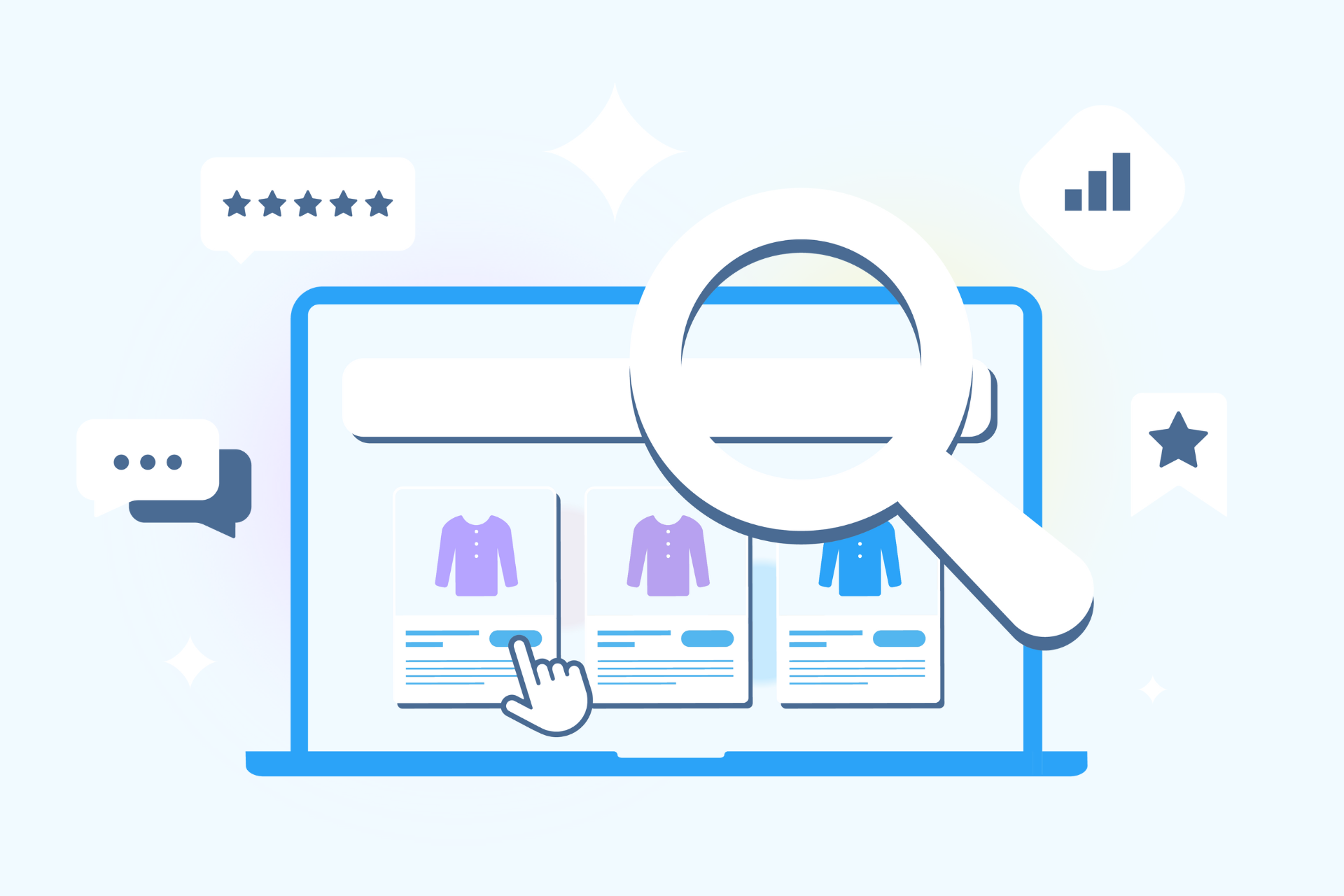Creating a B2B eShop is a crucial step in the digital transformation of any business that serves professional clients. However, having an online store does not automatically guarantee sales success. The real challenge is to fully leverage its potential by offering an experience that meets the high expectations of B2B customers.
The first and most important factor in enhancing performance is user experience. A B2B eShop should be pleasant to use and free from unnecessary complexity. Customers want to find what they need quickly and complete their orders in as few steps as possible. A clean design, smart product search, and easy navigation increase the chances of purchase completion. Site speed is also critical, as delays can discourage even the most loyal clients.
In the world of B2B transactions, personalization plays a key role. Customers expect to see prices that reflect their relationship with you, their order history, or the volumes they purchase. A B2B eShop that allows for custom pricing per client or client group strengthens trust and credibility. Additionally, supporting payment terms, discounts, and credit arrangements further enhances the commercial relationship.
Integrating the eShop with the company’s ERP system is a major success factor. This ensures real-time and accurate updates of stock, pricing, and availability. Customers can see exactly what is available to order, with no delays or errors, while the business saves time by avoiding manual data entry. This type of automation boosts efficiency and improves overall customer experience.
Another critical factor influencing sales performance is the quality of product content. Professional buyers rely on technical details, thorough descriptions, and clear specifications to make informed purchasing decisions. An eShop with well-structured, rich content builds trust and reduces the need for additional communication before the order is placed.
Repeatability of orders is also vital. B2B customers often need the same products at regular intervals. A well-designed eShop should offer features like easy order repetition, favorite product lists, or even reminders based on order history. This simplifies the customers’ daily routines and enhances their loyalty.
Data utilization and analytics tools are equally important. Through eShop metrics, the business can monitor customer behavior, identify top-performing products, and adjust its strategy based on real insights. Data-driven decisions lead to targeted marketing actions and increased sales.
Finally, human interaction should not be absent from a B2B eShop. Technology facilitates the sales process, but customers still need support. By integrating features like live chat, phone support, or a request system, the business stays close to the customer, ready to answer questions and resolve issues promptly.

